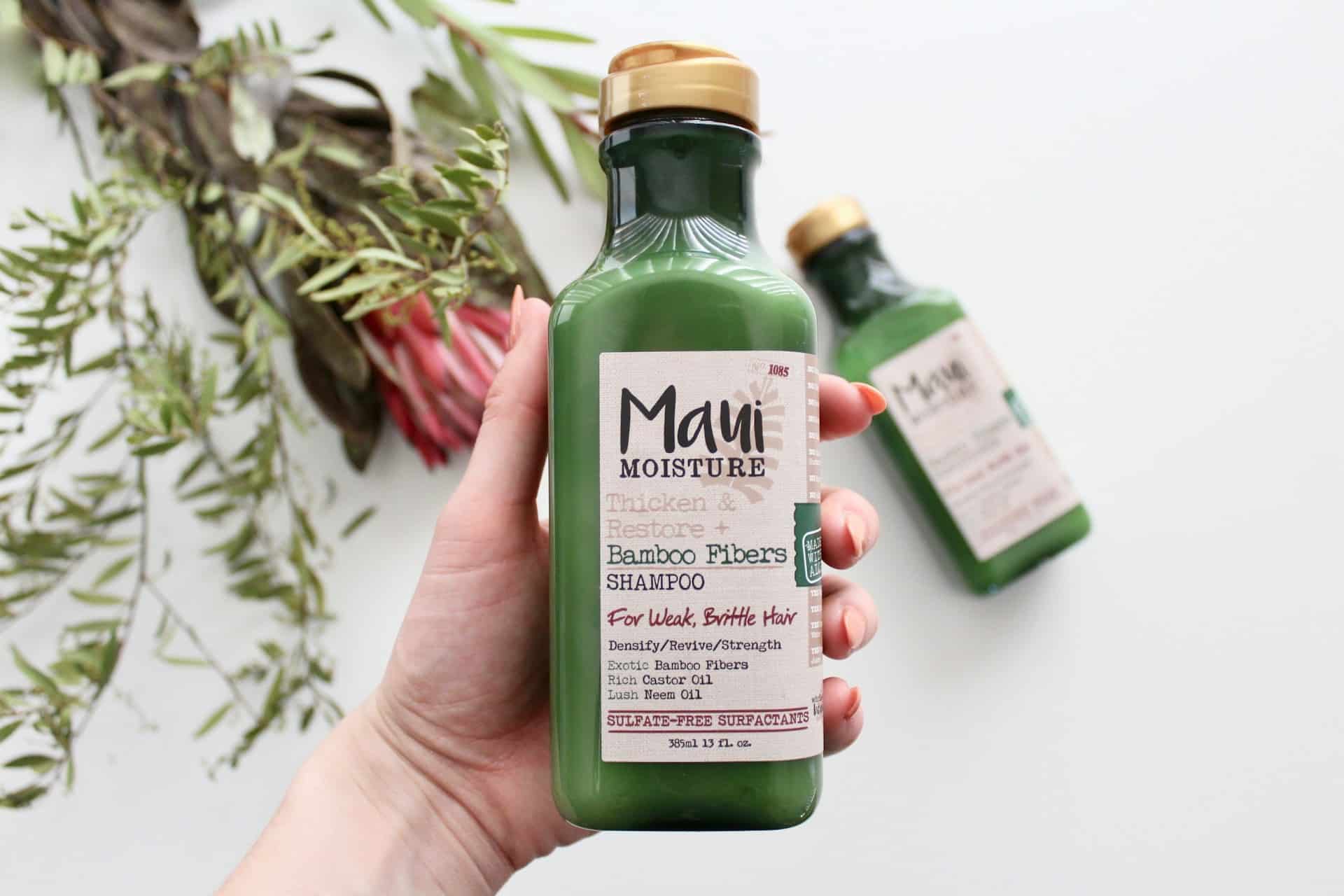What Are the Most Effective Homemade Masks for Oily Scalp Treatments?

In the world of do-it-yourself (DIY) beauty, homemade masks have long been a staple. But did you know that they can help with more than just rejuvenating your complexion? They can also be a valuable tool in managing an oily scalp. This common issue can cause discomfort and embarrassment, leading many to seek solutions beyond the standard shampoo and conditioner. Fortunately, several effective homemade masks can be made using simple, natural ingredients. In this guide, we'll introduce you to five effective DIY masks for oily scalp treatments.
Harnessing the Power of Lemon and Honey
Lemon and honey make a delicious tea, but did you know they also create an effective oily scalp treatment? This mask combines the antibacterial properties of honey with the astringent qualities of lemon, effectively reducing scalp oil production.
A voir aussi : How to Select the Ideal Length for a Pencil Skirt Based on Your Height and Body Shape?
To create this mask, mix the juice of one lemon with a tablespoon of honey. Apply this mixture to your scalp and let it sit for 15-20 minutes. Afterward, rinse thoroughly with warm water and a mild shampoo. Remember to avoid exposure to the sun immediately after this treatment, as lemon can make your skin more sensitive to UV rays.
Enjoying the Benefits of Apple Cider Vinegar
Apple cider vinegar is a common ingredient in many at-home remedies due to its various health benefits. It's especially useful for balancing the scalp's pH, thus reducing oil production.
En parallèle : How Can You Match Your Nail Polish with Your Winter Wardrobe for a Cohesive Look?
For this mask, mix equal parts of apple cider vinegar and water. Apply the solution to your scalp, massaging it in for a few minutes. Allow it to sit for 15 minutes before rinsing with cold water. You can repeat this treatment once or twice a week.
Utilizing the Magic of Aloe Vera
Aloe vera is well-known for its soothing and hydrating properties. When it comes to oily scalp treatments, it reduces inflammation and excess oil, while promoting overall scalp health.
To prepare this mask, extract the gel from an aloe vera leaf and mix it with a tablespoon of lemon juice. Apply this mixture to your scalp and hair, leaving it on for about 20 minutes. Then, rinse with cold water and a gentle shampoo.
Exploiting the Charm of Egg Whites
Egg whites are not just for your breakfast omelette. They can also be an excellent treatment for an oily scalp. Egg whites help control oil production while nourishing your scalp and hair with essential nutrients.
Whisk two egg whites until frothy, then add a squeeze of lemon juice. Apply this to your scalp and hair, and let it sit for about 20 minutes. Rinse with cold water and shampoo to remove the mask completely.
Discovering the Strength of Clay
Clay masks are a popular choice for oily skin, and they can be just as effective for an oily scalp. They work by absorbing excess oil and toxins, leaving your scalp clean and refreshed.
For this treatment, you can use any natural clay, such as bentonite or kaolin. Mix two tablespoons of clay with enough water to form a paste. Apply the mask to your scalp and leave it on until it dries, about 15-20 minutes. Rinish thoroughly with warm water and shampoo.
Remember, while these homemade masks can be highly effective, they should be used as part of a balanced hair care routine. Always follow any treatment with a mild shampoo and conditioner to ensure your scalp remains healthy and happy.
Exploring the Efficacy of Coconut Oil and Baking Soda
Coconut oil is renowned for its numerous health benefits, including its capacity to nourish and moisturize the skin and hair. Baking soda, on the other hand, is a powerful oil-absorbing agent and can effectively control excess oil production on the scalp.
Given these properties, a hair mask consisting of coconut oil and baking soda can be highly beneficial for those struggling with oily hair. To prepare this mask, mix a tablespoon of coconut oil with two tablespoons of baking soda. The resulting paste should be thick enough to adhere to the scalp and hair.
Before you apply the mask, make sure your hair is clean and slightly damp. Generously apply the mixture to your scalp and hair, making sure to cover as much ground as possible. It's always a good idea to massage the mask into the scalp to ensure maximum absorption.
Leave the mask on your hair for about 15-20 minutes, then rinse thoroughly with lukewarm water. Avoid using shampoo immediately after this treatment, as it may strip away the beneficial oils from the coconut. This mask can be used once or twice a week, depending on how oily your scalp tends to get.
Reaping the Advantages of Olive Oil and Multani Mitti
Olive oil, when used in moderation, can be quite beneficial for oily scalps. It contains several antioxidants and fatty acids that can nourish the scalp without making it excessively oily. Multani mitti, or Fuller's Earth, is a type of clay that's well-known for its oil-absorbing properties.
To make a mask from these two ingredients, you'll need to mix two tablespoons of olive oil with enough multani mitti to make a thick paste. Apply this mixture to your scalp and hair, ensuring that all areas are covered.
You should leave this mask on for approximately 15-20 minutes. As it dries, you'll likely feel a slight tightening sensation - this is a sign that the mask is absorbing the excess oil from your scalp. After the time is up, you can rinse your hair thoroughly with warm water and a mild shampoo.
This olive oil and multani mitti mask can be used once a week as a part of your hair care routine to keep your scalp oil-free and healthy.
Conclusion
In conclusion, there's no need to let an oily scalp dampen your spirits or your style. The homemade masks detailed here harness the power of simple, natural ingredients like honey, lemon juice, apple cider vinegar, aloe vera, egg whites, clay, coconut oil, olive oil, and baking soda to effectively combat excess oil production.
Remember to mix your chosen ingredients well, apply the mask generously, and leave it on for the suggested amount of minutes before rinsing. Also, it's important to note that individual results may vary, and what works for one person may not work for another.
It may take some trial and error to find the perfect DIY mask that suits your particular needs. But with consistency and care, these homemade masks can help balance your scalp's oil production, leaving you with healthier, happier hair. Don't forget to always follow up each treatment with a gentle shampoo and conditioner to keep your hair looking and feeling its best.
